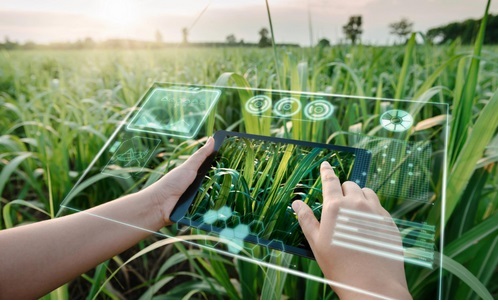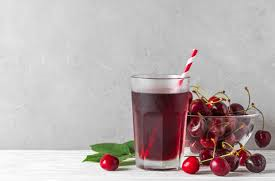If you’re wondering which AI tools for agriculture are and how they’re changing farming, the simple answer is this: Artificial Intelligence (AI) is helping farmers grow more crops, use fewer resources, and make smarter decisions with the help of technology. These AI tools are like smart assistants for farmers, guiding them on when to plant, how much water to use, how to control pests, and even predicting the weather. The goal is to make farming easier, more profitable, and sustainable.
What Are AI Tools for Agriculture?
AI tools for agriculture are computer-based technologies that help farmers in various aspects of farming. These tools collect data from different sources like satellites, drones, sensors, and even mobile apps. Then, using AI (which is like a brain for machines), they analyze this data to give advice or take action.
For example, a farmer can use an AI-powered app to get real-time updates on soil health, crop diseases, or weather changes. Some AI tools even use drones to fly over fields and identify problem areas, saving time and improving accuracy.
Why Farmers Are Turning to AI

Farming has always been uncertain. Weather changes, pest attacks, poor soil, and rising costs often hurt crop yield and profits. This is where AI tools for agriculture are making a big difference.
Here’s how:
- Predicting weather patterns: AI tools analyze years of weather data to give farmers accurate forecasts. This helps them plan better for sowing and harvesting.
- Detecting pests and diseases: AI apps can scan plant photos and tell if there’s a disease or pest issue. Early detection means quicker treatment.
- Improving crop yield: With AI, farmers know the best time to plant, irrigate, and fertilize, leading to better harvests.
- Saving water and fertilizers: Smart irrigation systems powered by AI ensure water is only used when needed, reducing wastage.
Popular AI Tools Helping Indian Farmers
Several tech companies and startups are developing AI tools for agriculture in India. Some well-known ones include:
- Kisan AI: This tool uses satellite images and weather data to guide farmers on crop health and pest control.
- Fasal: A smart farming system that uses AI to provide real-time data about weather, soil, and plant health through a mobile app.
- CropIn: It helps track crops through their life cycle, offers insights to improve productivity, and connects farmers with agri-businesses.
- Plantix: This app lets farmers upload photos of infected crops. Using AI, it identifies the problem and suggests treatments.
- AgNext: It focuses on quality assessment of crops using AI and helps farmers get fair prices for their produce.
Real-Life Impact on Farmers
Let’s take an example from Maharashtra. A small farmer named Ravi Patil was struggling with unpredictable rain and pest attacks. After using the Plantix app, he quickly identified a pest issue in his cotton crop and treated it early. He also used Fasal to monitor soil moisture and avoided overwatering. His yield increased by 25% in just one season.
Thousands of such farmers across India are now depending on AI tools for agriculture to make better decisions, reduce losses, and increase profits. In fact, government and private players are also supporting these innovations by offering training and subsidies.
Challenges Ahead
While AI tools for agriculture offer huge benefits, there are still some challenges:
- Many small farmers don’t have smartphones or internet access.
- Lack of awareness about these tools in rural areas.
- High initial cost for some technologies like drones and sensors.
However, things are improving. With digital India growing and mobile connectivity reaching more villages, access to AI tools is becoming easier and cheaper.
The Future Looks Bright
AI in farming is still in its early stages, but its impact is already visible. As more farmers adopt these tools, India’s agriculture sector could see a major transformation. From reducing crop losses to ensuring food security, the possibilities are endless.
In short, AI tools for agriculture are not just fancy tech, they’re becoming essential partners for farmers in the 21st century. With the right support, they can play a huge role in making farming smarter, more efficient, and more sustainable for the future.



